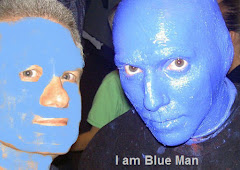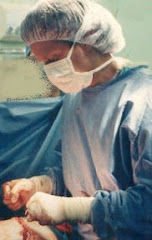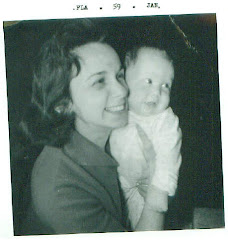The study of human disease is chronicled in great textbooks with names that every student of medicine knows...Sabiston's (Textbook of Surgery), Nelson's (Pediatrics) and Harrison's, Textbook of Medicine. As I study, I pick up these volumes regularly to get the full expose' of the disease rather than a summary analysis or "Diseases Made Ridiculously Simple" version. I regularly pick up Harrison's.
I love the extensive nature of the discussions. This is on the verge of a diagnosable mental disease in itself as most avoid books the size of mountains. But the descriptions are so complete, and so vivid, that it is difficult not to learn something. I only wish I had more time to read it so I can become the doctor I dream I will be.
But Harrison's, and the legacy of it's original editor (Dr. Harrison) is part of my problem with medical school today. I have said this before, but I was very
But it is with that history, that I struggle with the sheer madness that is medicine teaching today. As if the art hasn't been practiced and has wonderful theoretical and practical foundations, I feel daily experimented upon...today, once again, I am the victim of disorganized thinking and presentation, random musings of the inappropriate, and painful presentation styles reminiscent of torture.
I will survive this because there is a grand goal, but I am totally understanding of the reasons why many people leave this experience angry, frustrated, bewildered and so willing to forget that this ever happened. I hope that is not the case for me. I do not want to fall into the that hopelessness of a failed romantic, still beaming with a love for the art of teaching in medicine, and the writings of wonderful teachers of teachers. And I can only hope that such wonderful teachers will continue to enter, and force out those that shouldn't be...back to research, or taking care of patients, or whatever it was they did before they took up the hobby of teaching.




